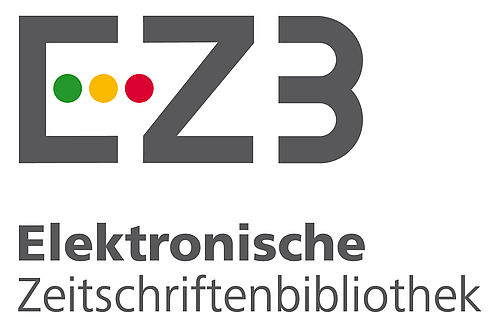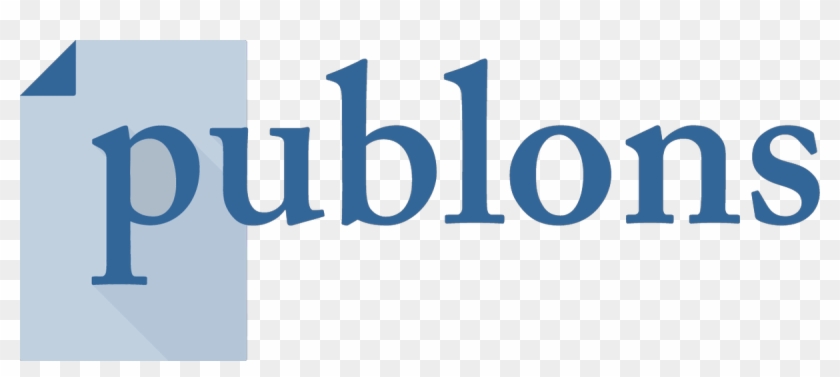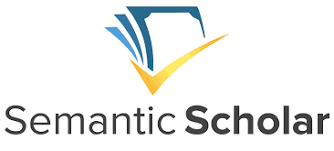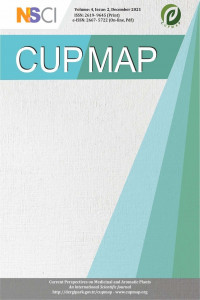Abstract
Nature is a large deposit of active molecules of plant origin, and the resources of the flora are far from being fully inventoried. Today, the world continues to search for plants that can be used as the basis for new and relatively new treatments. In vitro antibacterial activity was evaluated on the MeOH extract of leaves, fruit galls, and essential oil mastic gum of Pistacia terebinthus from Tessala (Western Algeria) against four human pathogenic microorganisms (Escherichia coli, Bacillus subtilis, Pseudomonas aeruginosa, Staphylococcus aureus) using a disc diffusion method. The gall extract revealed a remarkable antimicrobial effect against the tested microorganisms. Strong activity was observed for samples of gall extract against Staphylococcus aureus with inhibition zones of 20 mm. These results suggested that the samples of gall extract of P. terebinthus tested for antimicrobial activity can be listed as bactericides.
Keywords
Supporting Institution
University Djilali Liabes UDL SIDI BEL ABBES
Project Number
P107
Thanks
The authors thank Pr Chelghoum for his assistance and all the members of pharmacognosy Laboratory. Thanks, are also due to Pr Yebous for his contribution and assistance and Pr Achouri
References
- Ethnobotanical Survey of Some Plants Used in Tessala Region, Algeria B NAZIM, T HOUARI, B ISMAIL Current Perspectives on Medicinal and Aromatic Plants (CUPMAP) 3 (1), 25-30
- Antioxidant activity and polyphenol composition of Pistacia terebinthus fruit from Tessala (Western Algeria) N Bellifa, AI Benhaddou, HE Ferkous, MA Selka, H Toumi, MY Achouri The North African Journal of Food and Nutrition Research 5 (11), 30-34
Abstract
Project Number
P107
References
- Ethnobotanical Survey of Some Plants Used in Tessala Region, Algeria B NAZIM, T HOUARI, B ISMAIL Current Perspectives on Medicinal and Aromatic Plants (CUPMAP) 3 (1), 25-30
- Antioxidant activity and polyphenol composition of Pistacia terebinthus fruit from Tessala (Western Algeria) N Bellifa, AI Benhaddou, HE Ferkous, MA Selka, H Toumi, MY Achouri The North African Journal of Food and Nutrition Research 5 (11), 30-34
Details
| Primary Language | English |
|---|---|
| Subjects | Pharmacology and Pharmaceutical Sciences |
| Journal Section | Research Articles |
| Authors | |
| Project Number | P107 |
| Publication Date | December 30, 2021 |
| Published in Issue | Year 2021 Volume: 4 Issue: 2 |
Cited By
Pistacia terebinthus FRUIT: AN ALTERNATIVE TO PREVENT FOOD SPOILAGE
Eskişehir Teknik Üniversitesi Bilim ve Teknoloji Dergisi - C Yaşam Bilimleri Ve Biyoteknoloji
https://doi.org/10.18036/estubtdc.1289435
-------------------------------------------------------------------------------------------------------------------------------













-------------------------------------------------------------------------------------------------------------------------
 CUPMAP Journal is licensed under a Creative Commons Attribution-NonCommercial-NoDerivatives 4.0 International License.
CUPMAP Journal is licensed under a Creative Commons Attribution-NonCommercial-NoDerivatives 4.0 International License.
-----------------------------------------------------------------------------------------------------------------------------------------
This is an open access journal which means that all content is freely available without charge to the user or his/her institution. Users are allowed to read, download, copy, distribute, print, search, or link to the full texts of the articles, or use them for any other lawful purpose, without asking prior permission from the publisher or the author. This is in accordance with the BOAI definition of open access.


